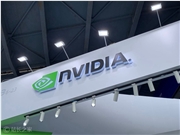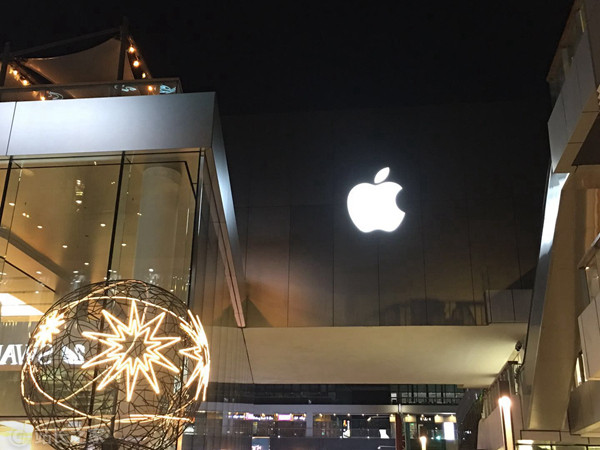This week, Pope Francis addressed the importance of ethics in artificial intelligence during the G7 summit held in southern Italy. Speaking under the auspices of Italy's application for G7 presidency, he stated: "As AI programs scrutinize humans and their behaviors, the understanding of values and dignity is most threatened in the implementation and development of these systems."

Image credit: This image was generated by AI, provided by the image licensing service Midjourney.
The Pope emphasized the potential impact of AI on human worldviews and how the worldview embodied in technology influences its inventors and developers. He also mentioned other forms of truth and how AI should serve as a bulwark against the "technocratic paradigm."
Pope Francis's speech sparked discussions on what truths need to be considered in the development of AI. At the same time, how stakeholders should collectively ensure the ethical development of AI has become a focal point of attention. The Vatican's "Rome Call for AI Ethics" has received support from signatories including Microsoft, IBM, Cisco, the United Nations Food and Agriculture Organization, and the Pontifical Academy for Life. This initiative aims to promote accountability among organizations, governments, institutions, and the private sector, creating a future where digital innovation and technological advancement serve human wisdom and creativity.
At the national level, the U.S. Department of Homeland Security established the AI Safety and Security Committee in April 2024, comprising members from major companies, scholars, policymakers, and civil society organizations. In the UK, the AI Act has adopted a more liberal "self-regulation" approach.










